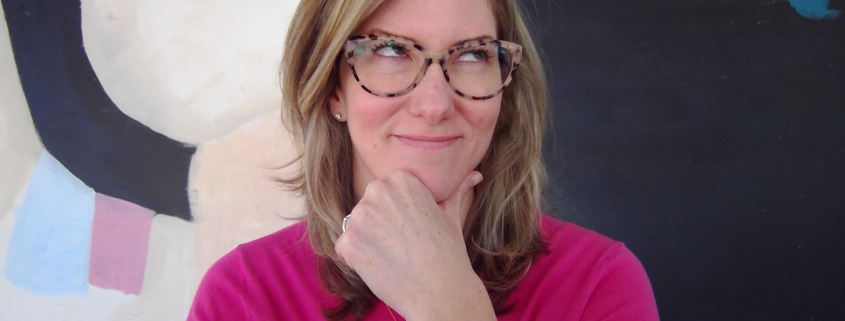Stay Curious!
Curiosity fosters understanding and connection.
Curiosity fosters understanding and connection. Elizabeth McCormack and Meganl, delve into the importance of curiosity in relationships and how it can lead to a deeper understanding of others.
Curiosity is a mindset that allows individuals to approach situations with a neutral to positive mindset. It is a place of open-mindedness and wonder, where one is not trying to control or change the thoughts of others. Instead, curiosity encourages individuals to seek understanding and learn from different perspectives.
Megan emphasizes that curiosity can be particularly beneficial in situations of miscommunication or conflict. By approaching these situations with curiosity, individuals can avoid reactive responses and instead respond in a more helpful manner. They can acknowledge the emotions or thoughts of the other person without feeling the need to change them. This creates a space for open dialogue and fosters a sense of connection.
Curiosity is present during the holiday season, a time when family gatherings and social events can bring about uncomfortable conversations or disagreements. Megan and Elizabeth encourage listeners to approach these situations with curiosity, rather than trying to change or convince others of their own opinions. By listening and being open to different perspectives, individuals can maintain a sense of connection and avoid unnecessary conflicts.
She also discusses the importance of boundaries in fostering curiosity. She explains that setting boundaries allows individuals to protect their time and energy. If someone does not feel emotionally secure in a relationship, they can limit their time and energy spent with that person. By setting boundaries, individuals can create a safe space for curiosity to thrive and promote understanding and connection.
Curiosity fosters understanding and connection by allowing individuals to approach situations with an open mind and a desire to learn from others. It encourages active listening and creates a safe space for dialogue, even in situations of disagreement. By setting boundaries, individuals can protect their emotional well-being and create an environment where curiosity can flourish. Ultimately, curiosity is a powerful tool that can lead to deeper connections and a greater understanding of others.
Setting boundaries is self-care.
Setting boundaries is an essential aspect of self-care. We know the importance of establishing limits in relationships to protect one’s emotional well-being and maintain a sense of comfort and safety.
Megan and Elizabeth discuss the concept of emotional trust, which involves trusting others to regulate their emotions in a way that is predictable and comfortable for us. When we trust someone emotionally, we know what to expect from them, and this predictability creates a sense of safety. On the other hand, if someone has a history of unpredictable emotional behavior, it becomes more challenging to trust them, and we may need to be more cautious and expend more energy in our interactions with them.
It is crucial to recognize that setting boundaries is our responsibility, not the responsibility of others. Boundaries are not meant to manage or control the behavior of others but to protect our own well-being. It is up to us to follow through with the boundaries we set and communicate our needs and limits clearly.
There are different types of boundaries. For instance, it may involve setting a time limit for social engagements and being firm in leaving when that time is up, even if others try to persuade us to stay longer. It could also involve establishing a boundary for ourselves in response to a family member who tends to shout during conversations, such as leaving the room when the shouting begins.
By setting and maintaining our boundaries, we prioritize our own needs and energy levels. This allows us to avoid becoming people-pleasers or sacrificing our well-being for the sake of others’ comfort. It is essential to remember that our needs are our responsibility, and we can challenge ourselves to not let the needs of others overshadow our own.
Setting boundaries is an act of self-care. It involves recognizing and communicating our needs, limits, and comfort levels in relationships. By establishing and maintaining boundaries, we protect our emotional well-being and create a space where we can prioritize ourselves. It is crucial to remember that boundaries are not about controlling others but about taking care of ourselves. Through setting boundaries, we can cultivate healthier and more fulfilling relationships.
Click HERE to listen to this episode!
Find out more about Elizabeth HERE!






